Exams for admissions
Get the best applications for your institution
Choosing Cambridge English Qualifications for your admission requirements means that you can specify the level of English you require and be sure of a student’s level of English. This means you get the best applicants for your institution.
Which exam should I ask for?
We offer a range of level-based English language exams which are aligned to the Common European Framework of Reference for Languages (CEFR). We recommend the following exams for admission to courses taught in English:
| Level of study | Recommended exam for admission |
|---|---|
| Foundation / pre-sessional | B2 First |
| Undergraduate and postgraduate | C1 Advanced |
| Postgraduate and postdoctoral | C2 Proficiency |
B2 First
B2 First (also known as First Certificate in English) is our most popular qualification among language learners. It gives students the practical English skills they need to study on foundation, pathway or pre-sessional programmes and courses taught in the medium of English.
C1 Advanced
C1 Advanced (also known as Certificate in Advanced English) is a rigorous assessment of a student’s ability to communicate at an advanced level in English. The exam gives students the English skills they need to succeed at college or university on undergraduate and postgraduate programmes.
C2 Proficiency
C2 Proficiency (also known as Certificate of Proficiency in English) is our highest-level qualification. It proves that students have the English skills to study demanding subjects, including postgraduate and PhD programmes. It shows that students can communicate with fluency and sophistication similar to a highly competent speaker of English.
For Business
We also offer Cambridge English Qualifications for business and a range of teaching qualifications. Please contact us.
For Institutions, Governments and Employers
CEL-Cambridge English Languages is an official Admissions Centre offering the computer based and paper based Admission Tests in Switzerland. See all informatin and registration here.
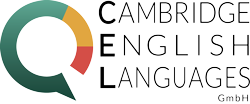


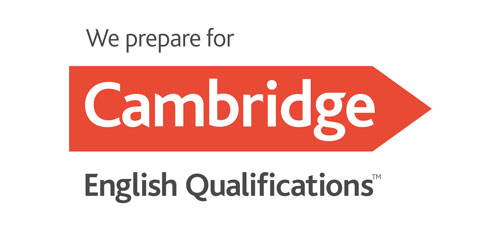
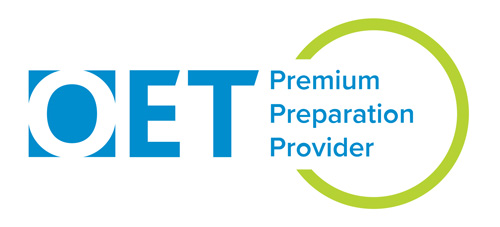
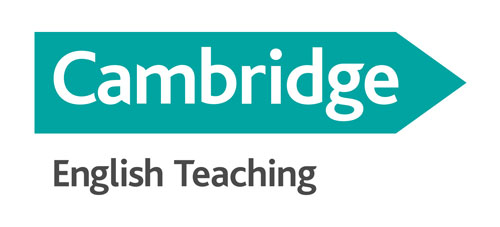
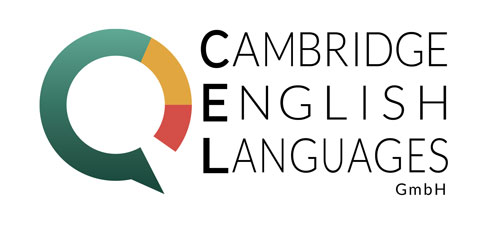
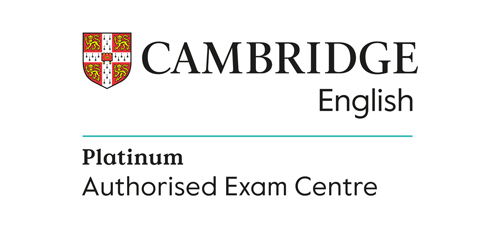
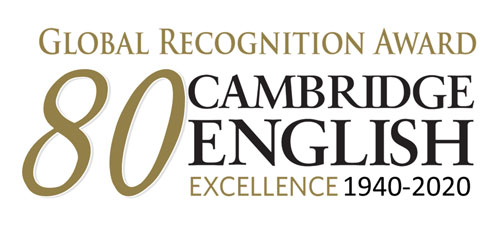
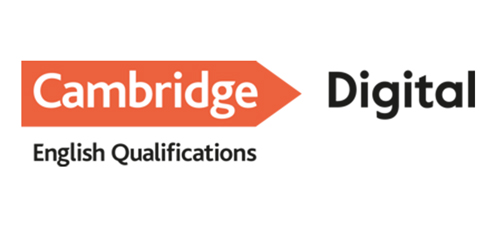

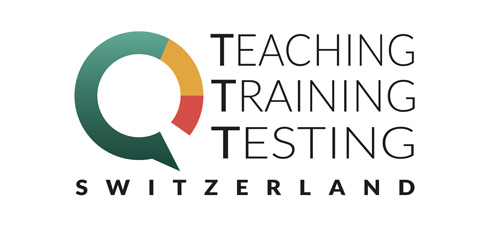
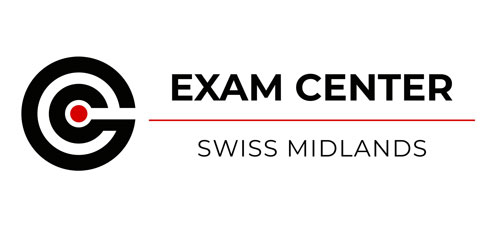
Get Social